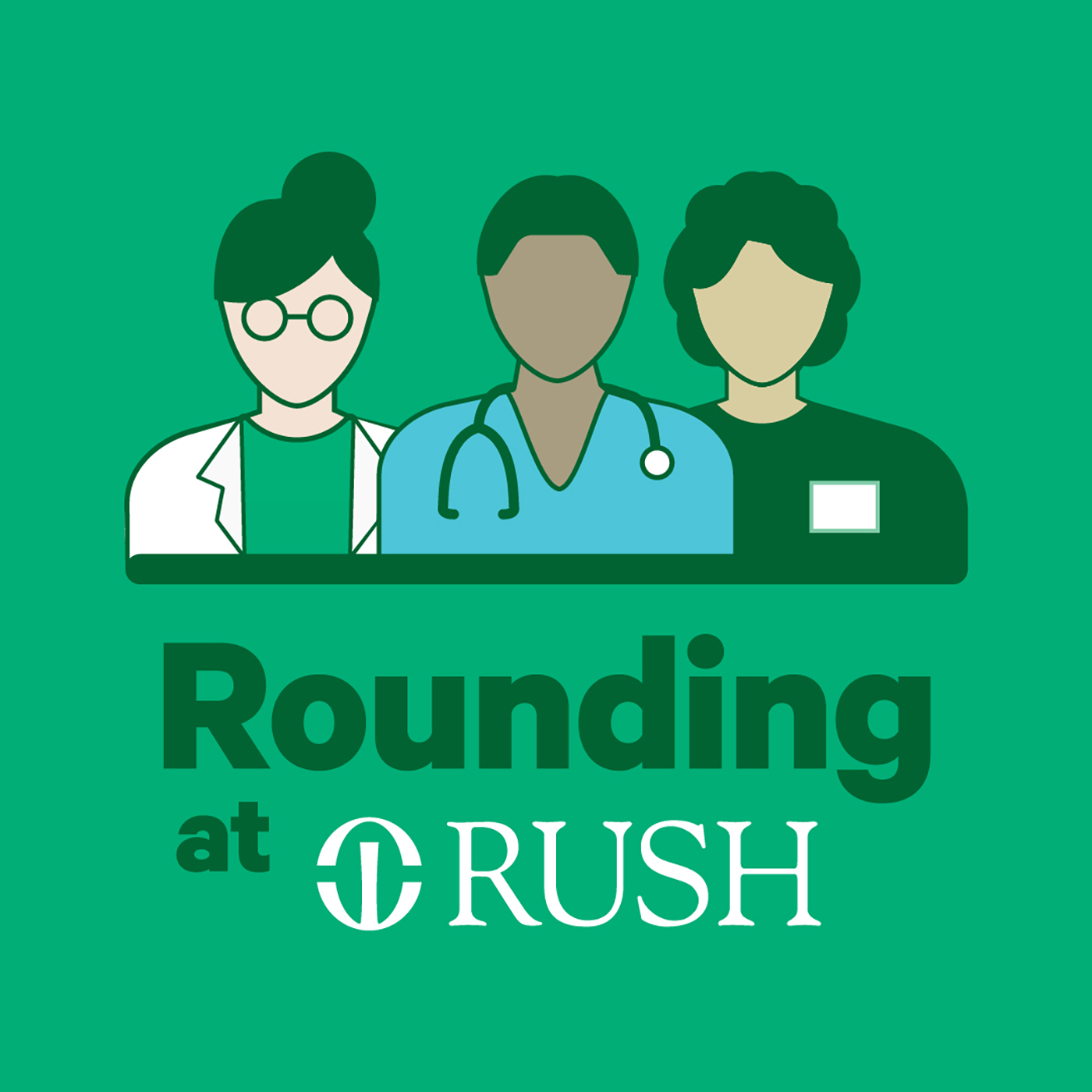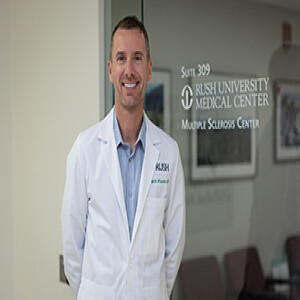
Rounding at Rush spotlights the work of physicians across the Rush University System for Health, comprised of two community hospitals and Rush University Medical Center, which is ranked by U.S. News & World Report as one of the nation’s best hospitals. As a leading health system, Rush delivers outstanding patient care, offers the latest treatments, educates the next generation of health care providers, and pursues groundbreaking research. Accreditation Statement In support of improving patient care, Rush University Medical Center is jointly accredited by the Accreditation Council for Continuing Medical Education (ACCME), the Accreditation Council for Pharmacy Education (ACPE), and the American Nurses Credentialing Center (ANCC), to provide continuing education for the health care team. This activity is being presented without bias and with/without commercial support. Designation Statement Rush University Medical Center designates this internet enduring material activity for a maximum of One (1) AMA PRA Category 1 Credit(s)™. Physicians should claim only credit commensurate with the extent of their participation in the activity. Disclosures The course director(s), planner(s), faculty and reviewer(s) of this activity have no relevant financial relationships to disclose.
Episodes

Thursday Jan 25, 2024
Thursday Jan 25, 2024
The RUSH Multiple Sclerosis Center features a team of world-class clinicians and researchers, dedicated to offering the most advanced, comprehensive and individualized treatment protocols to patients affected by multiple sclerosis (MS), neuromyelitis optica (NMO), spectrum disorders (NMOSD) and other autoimmune disorders affecting the central nervous system.
In this episode, Augusto Miravalle, MD, the Chief of the Section of Multiple Sclerosis at RUSH, discusses the importance of whole brain health for MS patients, his work to reach and treat underserved populations, and the vital role patient education plays for beneficial short and long-term outcomes.
“One of my priorities is to improve healthcare literacy [about MS]. It's been demonstrated that patients who have a high level of literacy do better [in their care]. They have better clinical outcomes and they have a better understanding of the importance of certain types of lifestyle interventions.”
CME Link: https://cmetracker.net/RUSH/Publisher?page=pubOpenSub#/event/492484/

No comments yet. Be the first to say something!